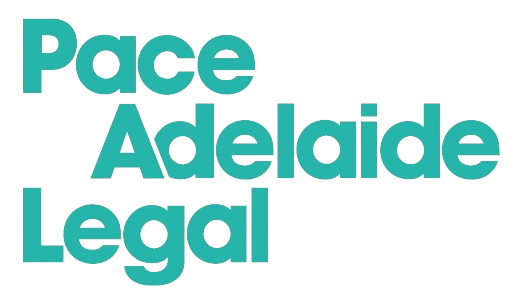Interviewing Tips and Traps: How to Avoid the Legal Minefield
Employers spend a great deal of time and money in the search for the perfect employee: someone who will excel in the demands of the role, whilst also fitting in with the company culture and ethos. It is understandable then, that employers want to know as much as they can about a prospective employee before hiring them. However, some areas of enquiry are not acceptable under the law.
Interview traps
Avoid any questions that could be perceived to be discriminatory; always consider whether one applicant would be treated less favourably than another given a different answer to the same question. As employers, we should avoid asking any question that seeks information about an applicant’s chosen gender, sexual preferences, physical or mental disabilities, age, familial responsibilities, pregnancy, religion or political opinions.
Employers should also be mindful of the law when advertising a vacant position. For example, an advertisement specifying that only women should apply for a vacant receptionist position would likely be in contravention of the law.
The most important question an employer should ask themselves before preparing to interview potential candidates is whether the answer to each interview question will provide them with information needed to assess whether the applicant can perform the expected duties efficiently. If it doesn’t address this issue, then don’t ask it.
Employers sometimes make a distinction between actual ‘interview questions’ and questions they ask an applicant to put them ‘at ease’ before the actual interview begins. The law doesn’t make this distinction. Employers should resist the urge to make idle conversation about an applicant’s family, the number of children they may have, whether or not they are married, or if they intend to have (more) children. This type of preamble makes employers vulnerable to claims of discriminatory conduct.
Interview Tips
So what questions can an employer safely ask? As in most areas of law, it all depends on the context. The anti-discrimination protections do not prevent employers from asking questions seeking information on ‘inherent requirements of the particular position concerned’. These are requirements that are essential to performing a particular role. For example, if an advertised position requires an employee to travel extensively on short notice, the employer may ask if an applicant is able to perform these duties, rather than specifically asking an applicant about their familial responsibilities.
If an employee is expected to perform physical activities such as heavy lifting as an inherent part of the role, a question regarding the applicant’s ability to perform such activities is of course permissible.
It is important to note that employers have continuing obligations regarding prospective employees that both precede and succeed the interview stage. Starting with the type of advertisement an employer posts for a vacancy, to the pre-screening process, through the interview stages and finally to the point of offering a position, employers must be mindful of the obligations imposed upon them by the law.
To ensure that your company is complying with the relevant legislation, or to discuss any aspect of business or personal law, contact Julia Adlem or Alisha Thompson at Pace Lawyers and Adelaide Legal on (08) 8410 9494.


